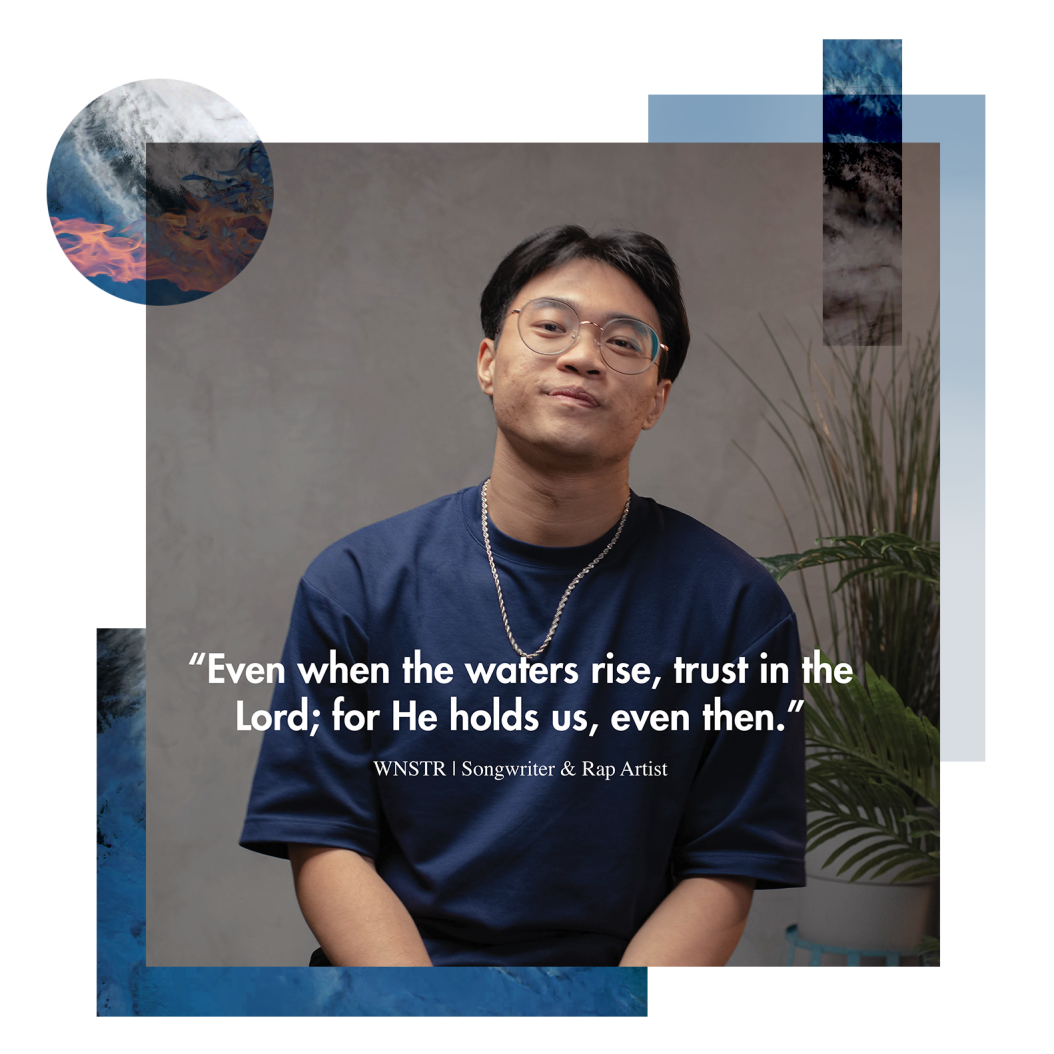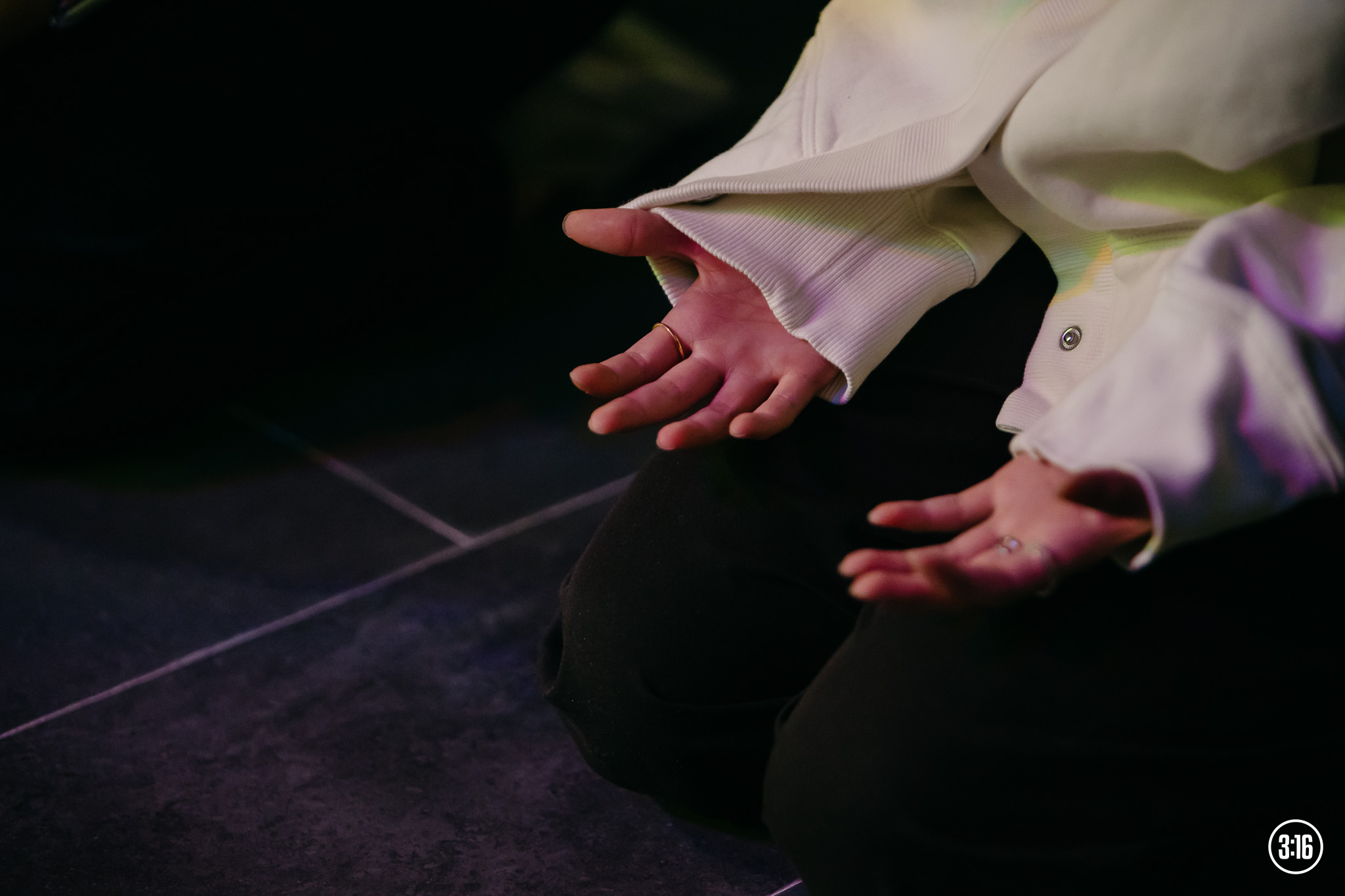“Prove it or lose it.”
This was a phrase that I coined myself at the age of 15, and I had it written on the very last page of my diary.
In those ultra-edgy teenage years, I held on to this philosophy tightly — so tightly that it drove my attitude towards everything in my life.
Because of my father’s occupation, I had gotten the rare opportunity to advance quickly in my educational journey. One thing led to another, and sooner than later I found myself preparing to graduate from university at the young age of 16.
Don’t get me wrong, I am far from an academic genius or prodigy. Just an individual blessed by God with an opportunity; and my parents made sure I ran hard for it.
Of course, I also learned early on that nothing in life came free. I had to work to prove I was worthy of the opportunity I was given.
In my mind, every grade was an indication of whether or not I was supposed to be where I was. Even a “B” in Business Statistics (probably one of the toughest modules I had ever taken) drove me to tears and despair.

I felt that I had brought disappointment and shame to my family. Ever since that first “B” that ruined the transcript of otherwise straight As, I was convinced. I had to prove it or lose it, and I held onto that mindset from then on.
After I graduated, I felt I needed to secure a high-salaried job at an established company to prove that I was worth my degree. As all my friends started to have girlfriends, I also had to have an attractive girl on my arm, to prove that I was on their level.
When I began making music, I felt I needed to play the part — being on the grind, making Instagram posts and promotions every week and fitting into the mould of a rapper.
So when I was, inevitably, not able to prove it, I would lose it — not just my temper, but also my sense of self-worth and identity.
I would deem myself as a failure; I would choose to set aside any notions of future attempts, and drown in the hopelessness and shame.
It was like this in social settings too. If I was unavailable for a friend, I would chastise myself for being a bad companion.
When I felt like I wasn’t being appreciated, I would in turn feel like I simply didn’t do well enough to attain the recognition that I wanted so badly.
While working at a venture-building programme, despite having graduated from university for five years by then, I was seemingly unable to contribute in any meaningful fashion.
Whether it was with my family, friend groups or serving in my church, in my eyes, I simply could not prove that I was a good person, so I must not be one.

But with the Word of God as my guide, I began to gain a more godly perspective of what it meant to fail.
I saw that failure is chronically human.
David, in all his valour, committed adultery and orchestrated murder. Elijah, in all his boldness, felt great despair and hopelessness. Moses, behind all the miracles, disobeyed God’s direct command.
The only One who never failed was Jesus Christ.
Jesus never worried about proving — or losing — anything to anyone.
What was different about Him? He was secure in exactly who He was, and He knew exactly what He came to do.
In humility, He took on the Cross — a moment in history that seemed like a catastrophic failure to man — and conquered death!
Every footstep and action, every word spoken from His mouth, every decision made, was made with precision and intention to fulfil His divine purpose.
Jesus never worried about proving — or losing — anything to anyone.

The most amazing part of His victory? I get to share in that (Galatians 2:20)!
I have been made new in Christ and am called to consistently renew my mind. I don’t have to prove anything to anyone because my Heavenly Father looks at the heart and knows and loves me intimately.
Storing up the Word of God in my heart (Psalm 119:11) has become one of the most important decisions I’ve ever made in my life.
It has helped me to let go of the constant striving to prove myself to my parents, friends, the world — even myself — and embrace the simple, rested slowness of living according to God’s pace of grace.
If at first I was tossed and turned by the frothy waves, I now know better how to navigate the hazards of the hurricane.
This storm cycle of terrible weather still repeats, but by the grace of God every time those clouds of doubt come back around, He has grown me in areas that help me to combat the lies of the Enemy.
If at first I was tossed and turned by the frothy waves, I now know better how to navigate the hazards of the hurricane.
Does this mean I am no longer faced with thoughts and worries of insufficiency, imperfection and unworthiness? Far from that!
Surely the storms of this life will come, but using these truths as a consistent guide, finding peace in the eye of the storm becomes much easier.
Edwin is currently the University Intern at Young Life Singapore. He is also part of Fireplace Worship, a community of creatives who are journeying together in life and telling stories through music and multimedia.
Edwin has written a rap for Fireplace Worship‘s newest single called “Eye of The Storm”, which was released last Friday (December 3).
This song is special to Fireplace Worship as it sums up the challenges that many have faced over the two years because of COVID-19, both in their personal lives as well as on the professional fronts for those who have been affected by the restrictions on live performances.
And yet this song is also a declaration of dependance and triumph in God. In short, it depicts the struggles of life, but also the victories because of the unchanging reality that Jesus is with us in the midst of the storm.
To hear more of the personal stories behind the song, you can catch the interview here.
- What storms in life have you weathered this year?
- How would you describe the impact they have had on your life?
- What truths from Scripture can you hold onto when the clouds of doubt come? Pick a few of your favourite verses to store in your heart and meditate in your mind for the year ahead!










